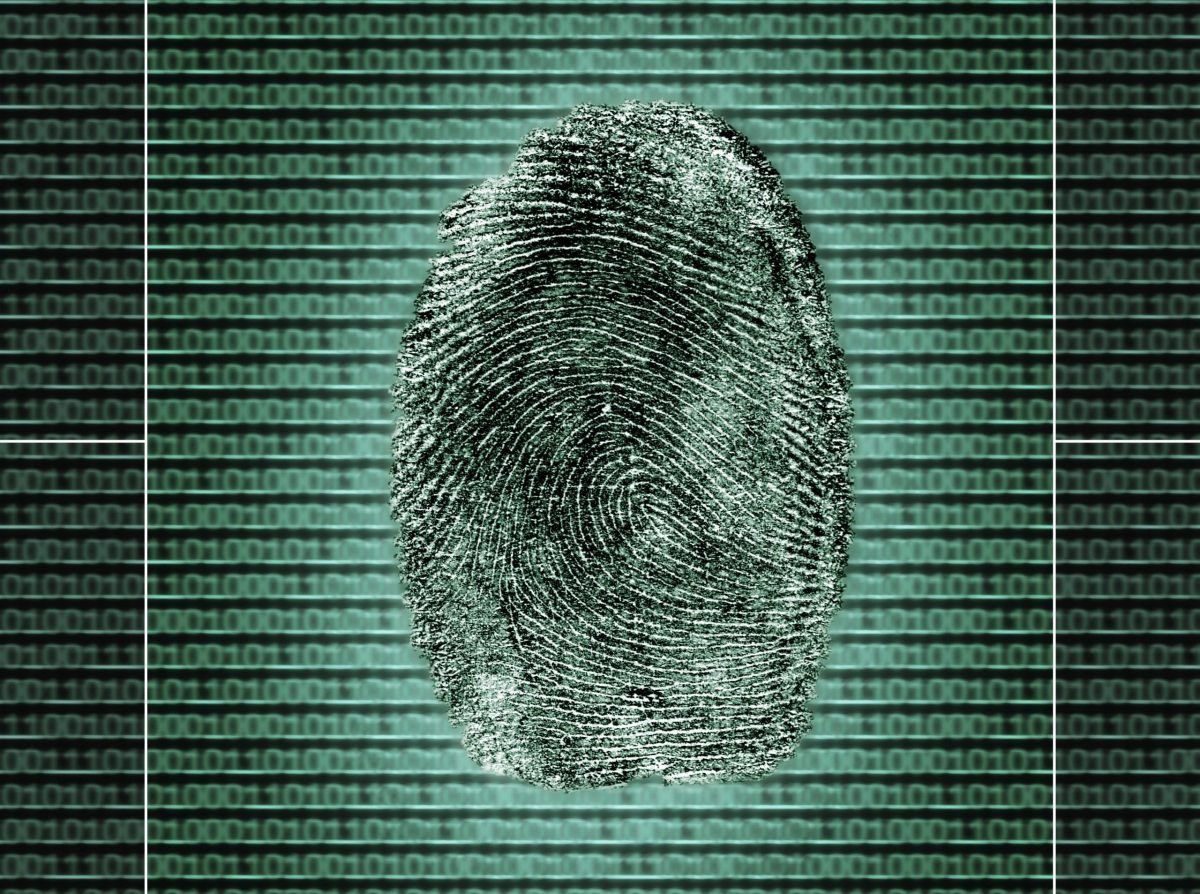We caught up with grad Celia Lee, who is now working in computer forensics with the Canada Revenue Agency (CRA). Celia told us about her educational path, and updated us on her career so far.
Which BCIT, or other, post-secondary programs did you take?
CL: I first completed a diploma in Computer Information Technology (CIT), and went on to a Bachelor of Technology (BTech) in Digital Forensics and Cybersecurity.
What were you doing before you started studying at BCIT?
CL: A variety of courses at Langara, and working part time.
Can you tell us about your career path since you graduated?
CL: After completing my diploma, I was able to work as a fraud analyst and technical support agent, using what I’d learned in my diploma.
Then during my BTech, I was given the opportunity to do an internship/co-op at CRA in digital forensics. Once I finished my BTech, I became a Junior Forensic Analyst at Sherlock Forensics, and now I’m back at CRA, this time as a Computer Forensic Analyst.
Without the combination of the student internship and the hands-on teaching at BCIT, I wouldn’t have had the experience needed to obtain this job.
Can you describe your role in computer forensics, and how it’s making an impact?
CL: As a Computer Forensic Analyst, I’m able to use the skills I learned at BCIT for the greater good, which feels good. At CRA, we investigate finance related crimes for the benefit of all Canadians.
What can you tell us about the expansion or evolution of careers in your specialty?
CL: There are many different paths in this field, and both public and private sectors are hiring for this skill set. For digital forensics, any crime you can think of will need someone who can investigate it. For cyber security, any place with computers will require protection. You’ll never be stuck somewhere. Technology is advancing, and there will always be jobs in both digital forensics and cyber security.
“there will always be jobs in both digital forensics and cyber security” – Celia Lee
Do you have any advice for BCIT students to help prepare them for a career in this complex world?
CL: Make use of the opportunities that BCIT provides. Build connections with your teachers and fellow classmates. And make sure you actually like what you’re doing in class, because it translates to the work you’ll do in the real world.
Sign up for the Forensics Investigator twice-yearly newsletter to keep up with the latest from BCIT Forensics
